As COVID-19 induced a new lifestyle, masks and face covers have become a part of our everyday clothing.
They also are now part of regular athletic activities like running and working out. Protection and prevention is the paramount purpose, but it’s also become common courtesy and etiquette to wear one, even while running outdoors.
The downsides: Masks make it harder to breathe, they could be a cause for heatstroke during the summers and some could be downright uncomfortable — affecting athletic performance.
Athletic apparel manufacturers were quick to capitalize on the demand, spawning a new market for masks made with high-performance fabric. But with so many masks to choose from, it’s hard to find the best one that suits your personal needs.
The Japan Times staff recently tested out some of the best-selling masks, wearing each of them through a 2-kilometer run to evaluate the best sports mask for our readers.
Under Armour UA Sports Mask
After distributing millions of its origami masks to health care organizations during the first wave of the coronavirus outbreak in the spring, the Baltimore-based company set about manufacturing a sports mask that would allow athletes to get back to training while feeling safe.
The mask is the thickest of the seven tested by our staff, but it is not heavy thanks to its polyurethane and polyester design. Its air pocket gives the mask structure, with the resulting space in front of the nose and mouth making it easier to breathe. This reporter didn’t feel suffocated running at a reasonable pace of about 6 minutes per km.
The mask features an “Iso Chill” fabric, which is meant to provide a cooling sensation. But extended use led to an uncomfortable stuffy feeling, indicating the mask may not be suitable for longer runs. Its thickness also has its downsides — it tends to weigh you down as you sweat.
Due to the mask’s design, it also doesn’t stretch as much as other options, so buying the right size is even more crucial. This writer should have gone a size higher than the small/medium model tested — so you have to do your homework in choosing from the five available sizes.
Another drag is its price — it comes with a relatively hefty price tag of ¥3,300 ($31).
And yet, the Under Armour mask’s quality is perhaps among the best out of those tested, with a nonmetal anti-microbial technology that inhibits the growth of bacteria. This makes the mask a good candidate for regular use in public to prevent viral infections and may also be appreciated by Japan’s annual hay fever sufferers.
McDavid Sport Face Mask
McDavid takes a different approach with its masks. Best known for its sports braces and protective gear, the McDavid Sports Mask is worn with elastic bands that stretch around the head, rather than around the ears.
Like the Under Armour mask, the McDavid mask has three layers, and you can get added antimicrobial protection by inserting a silver PET filter that is 96.6% effective against pneumonia, according to the company.
The tight fit of the elastic bands keeps the mask in place while running. The fit allows athletes to concentrate on their performance without having to fiddle with their mask.
While the McDavid mask, which costs ¥2,200 ($21.25), doesn’t have an air pocket around the nose and mouth similar to that of the Under Armour mask, it’s surprisingly easy to breathe.
While it may not be ideal for running longer distances such as 10 or 20 km, the mask’s fit makes it ideal for shorter distances as well as trail and mountain running, which involve more jarring movements up and down hills.
Mizuno Mouth Cover
The Mizuno mask was in such high demand that the Tokyo and Osaka-based company held a lottery when it was first released in June. The Mizuno Mouth Cover is less intended than the others for use as a sporting mask. In fact, the company stresses that it is designed for daily use.
Takahiko Ito, the manager of the life and health division of Mizuno’s business planning department, said that the company’s mask provides better airflow than regular surgical masks, though he adds that performing physically strenuous activities with masks on will never be as comfortable as without one.
“If we recommended this for sports, it would be a problem if something (like a serious heatstroke) happened, so we are not saying this is for sports,” Ito said. “Some other companies seem to be promoting (their masks) that way, but what we’re emphasizing is that it prevents users from spreading respiratory droplets.”
That said, the mask was comfortable when a reporter tested it out for a 2-km run. The product is made with Mizuno’s proprietary swimsuit material technology, resulting in a dry and light mask that feels like less of a burden to wear. The mask, which costs ¥1,320 ($12.75), also features Mizuno’s “Ice Touch” technology, reducing discomfort from long-term wear.
And for the winter season, Mizuno released its Breath Thermo Mouth Cover, which it says uses technology that provides warmth as the mask absorbs sweat.
In terms of its ability to inhibit pathogens, Mizuno’s mask lags behind the products of Under Armour and McDavid. But when it comes down to the feeling of wearing it for running, it surprisingly exceeded this reporter’s expectations.
Asics Runners Face Cover
While Mizuno says its mouth covers are for daily use, Asics takes the opposite approach, saying that its masks are specifically designed for running.
Developed by the company’s engineering research institute, the mask has a firm air pocket structure and provides even better airflow around the nose and mouth than the Under Armour mask (which is very comfortable in its own right). The jaw portion is made with mesh material, providing ventilation and ease of breathing.
The product, which runs ¥4,180 ($40.30), holds perfectly well to the user’s face, with adjustable strings tying around the head.
“(The mask) is designed to be able to breathe comfortably even while running,” an Asics spokesperson says.
“Because expiratory air can emit from the jaw portion, it can reduce the spread of respiratory droplets and limit the chances of sprinkling them toward runners behind the user.”
While the Asics mask is the least suitable for daily usage among the four reviewed, its superiority as far as running is concerned is unquestionable.
Adidas Face Cover
If you’re wearing a mask mostly for etiquette or manners or just casual running, this product should be at the top of your list.
True to its reputation, the Adidas mask hits the sweet spot between usability and fashion. Coming in a package of three at a reasonable ¥2,189 ($20), it is arguably among the most affordable sports masks on the market.
Virus protection probably wasn’t high on Adidas’ priorities when they designed this mask, as it mentions on its website. The U.S. version of the website says that the mask is “not a protection mask of any kind,” and the Japanese version describes it as a “fashion item.”
The Adidas mask does come with a filter pocket to add additional protection — but then again, there is a limit to the amount of protection that can be expected from sports masks.
The extra layer of the filter pocket also obstructs breathing; It tends to clog your mouth every time you inhale. The mask would be ideal if it didn’t come with this extra layer, as otherwise it would be comfortable at an affordable price and perfect for everyday use.
Yonex Heat Capsule Face Mask
Compared to other manufacturers, Yonex’s product line is focused on specific sports like tennis, badminton and golf. Yet even without an all-round approach to sports in general, its masks have received high reviews from a broad consumer base in Japan.
Our staff tried out the Yonex Heat Capsule Face Mask and were pleasantly surprised with the extreme comfort and breathability.
The mask is made with the company’s proprietary “heat capsule” fabric using infrared to capture heat, which Yonex says provides an extra 3 degrees Celsius of warmth — and indeed, the mask does feel comparatively warmer than regular sports masks.
The fit is excellent — it’s snug during runs, and doesn’t weigh you down even after sweating.
An additional plus for those who wear glasses: The mask is designed so your breath is diverted downwards, preventing glasses and sunglasses from fogging. At least that’s the theory — it only works when you wear the glasses so the bottom rim rests above the top of the mask, as shown on the package.
The fabric also has antimicrobial and antiviral treatment, but the company emphasizes that the mask isn’t designed to prevent you from getting sick.
With a reasonable price tag of ¥1,200 (about $11.60), the mask gives you more than your money’s worth.
Descente Athletic Mask
In line with the company’s strong emphasis on design and functionality, the Descente Athletic Mask has a sleek cut that looks and feels great — unlike some products that can look like a jock strap on your face. Some may have issues with the protruding drawstrings from the back of your ear.
The mask provides breathability through a different approach. While many masks try to secure breathing space by creating an air pocket over your mouth—hence the jock strap construction— Descente’s approach is to provide breathability by securing a small air channel between the mask and the tip of your chin. The result is a sleeker, more fashionable cut.
The company says the mask is designed for everyday use and during exercise. Although slightly thicker than the Adidas mask, it’s one of the lighter masks that we tested and does not feel stuffy. One drawback is that because of the light construction, the mask could slightly shift, especially during strenuous activities.
The product is sold in pairs at ¥2,200 (about $21.30).
Unexpected demand
The rush to fill this new consumer need has led to hundreds of different masks appearing on the market, making it virtually impossible to grade all of them. Other sports masks not covered in this review, such as that of Japanese company Zamst, have received widespread positive assessments from their users.
With the virus seemingly not going away anytime soon, many companies appear keen to listen to user feedback and improve their masks or face coverings. Some companies have realized the potential for masks to serve as revenue generators on their own, and popular models — including those featured in this article — have been in short supply.
Yoshihiro Noda, general manager of the marketing department for Under Armour’s Japanese licensor Dome Corporation, said the mask was quickly becoming a key part of the company’s product strategy.
“We were sort of doubtful in the beginning,” Noda said. “Our executives including Kevin Plank and (Dome president Shuichi) Yasuda say that putting on masks will be normal and the demands for masks will remain in the mid-to-long term, not just the short term. The sales of our mask have gone way above our original predictions and we continue to have high expectations.”
Mizuno’s initial hopes were muted when its mouth covering went on sale to the public in May, according to Ito.
“We made 20,000 of those at first and we thought we would be happy to sell all of them,” Ito said. “But we sold out right away and were surprised by the customer response. And then we prepared 50,000 of them in June, and our online server went down.
“The response completely exceeded what we expected.”



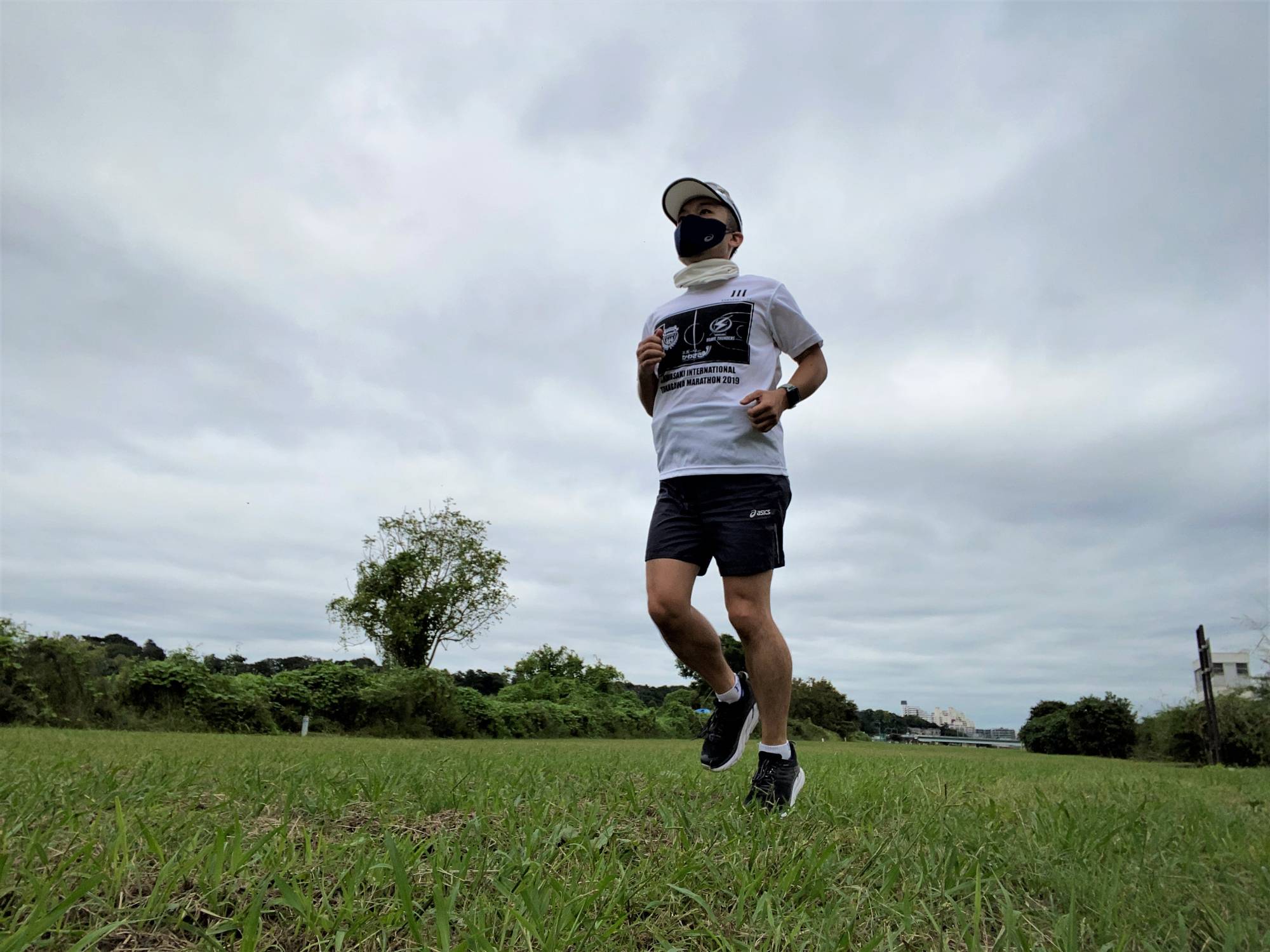
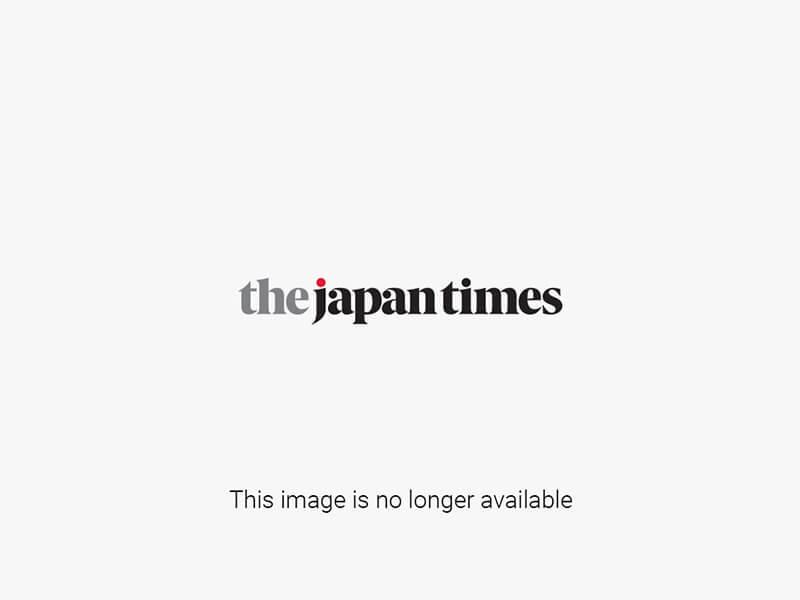
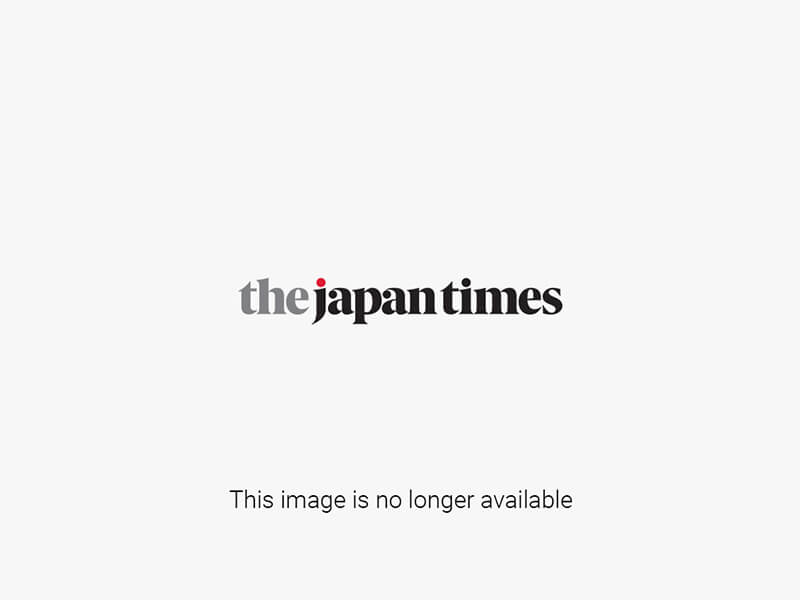
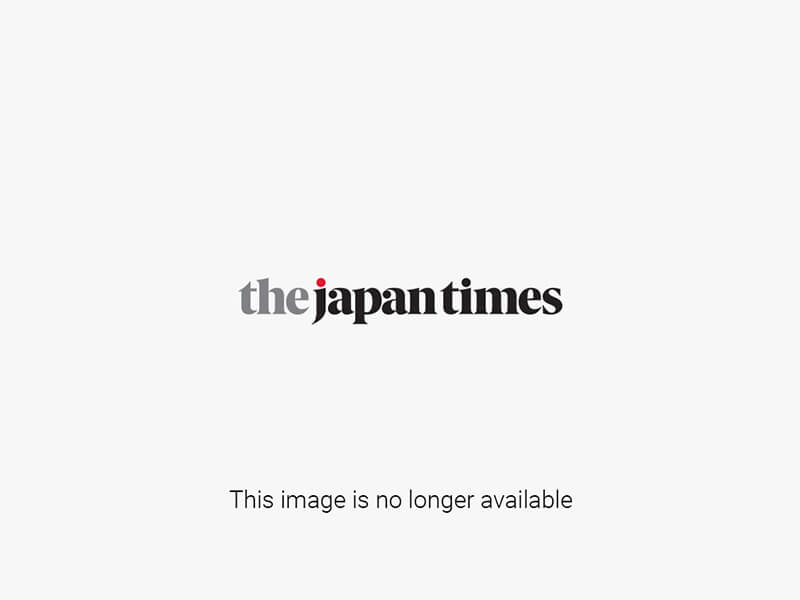
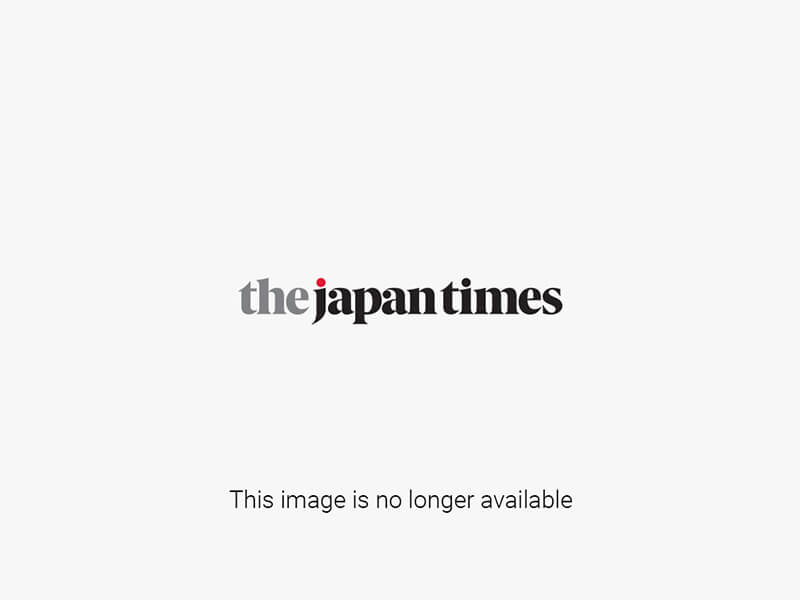
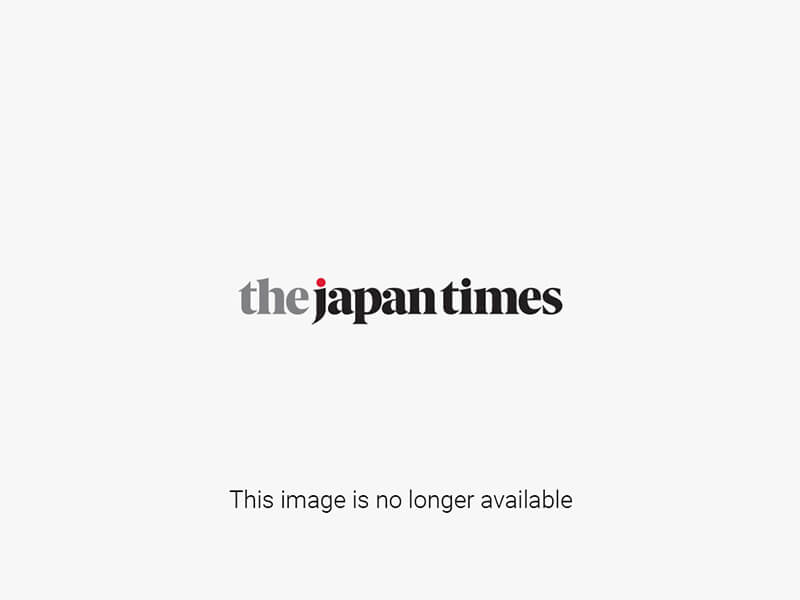
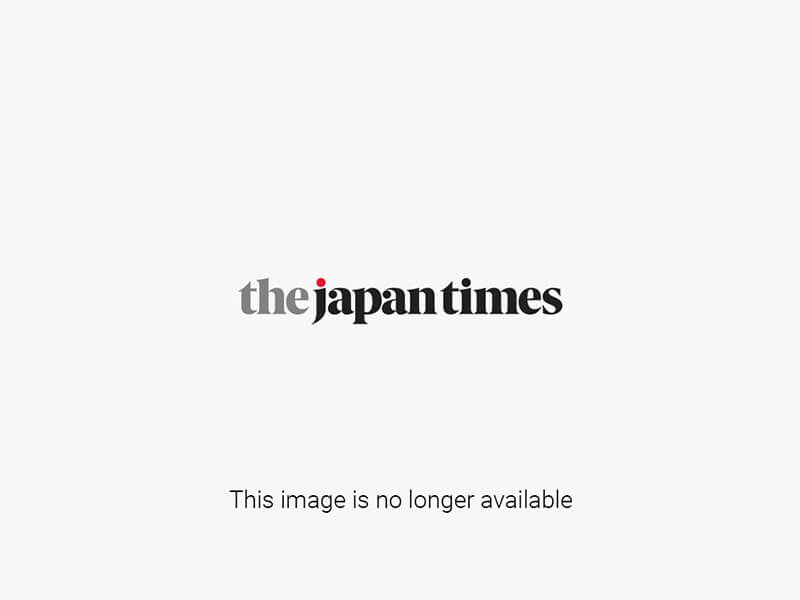
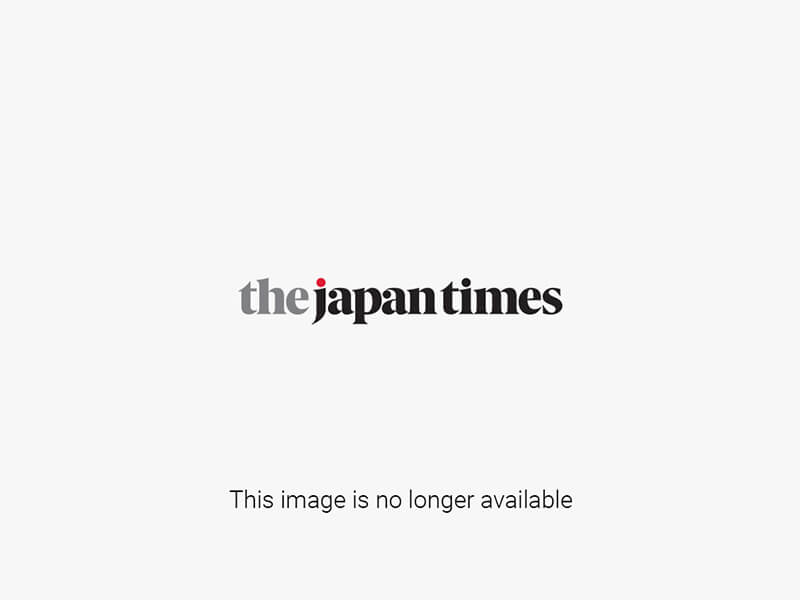
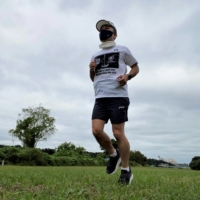
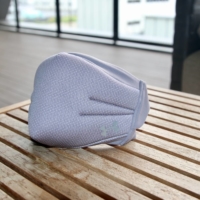














With your current subscription plan you can comment on stories. However, before writing your first comment, please create a display name in the Profile section of your subscriber account page.